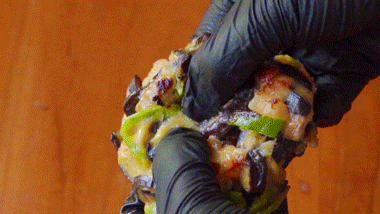The Tragic Case of Daisy
In Seminole, Texas, Peter stood outside a gas station, his eyes red and swollen. His 8-year-old daughter, Daisy, had passed away recently.
Daisy was once a healthy and vibrant child. About a month ago, she became ill, suffering from a fever and sore throat, eventually developing pneumonia. Peter tried to treat her at home with cod liver oil, a popular remedy in their community believed to boost the immune system.
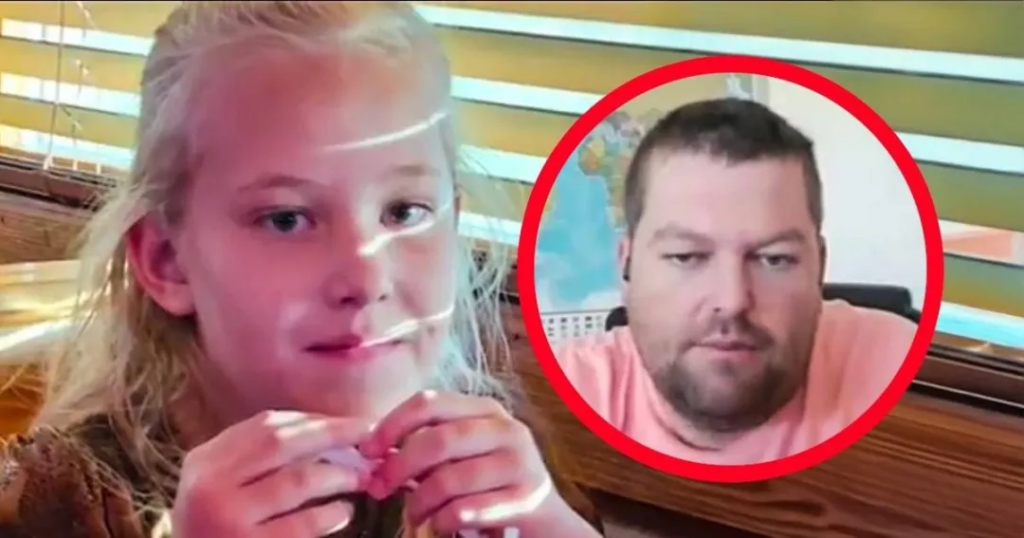
When this treatment failed, Peter took Daisy to the hospital. The doctors diagnosed her with strep throat, mononucleosis (a viral infection), and measles. They prescribed antibiotics and sent her home.
Just three days later, Daisy’s condition worsened. She was rushed to the hospital with severe pneumonia. Unfortunately, she passed away shortly after.
Doctors confirmed that Daisy died from pneumonia caused by measles. However, Peter disagreed with the diagnosis.
“I’m sure it wasn’t measles that killed her,” Peter said through a hoarse voice, choking up as he spoke. “She just couldn’t survive…”
Peter refused to believe that measles was the cause of Daisy’s death. His beliefs were deeply tied to his family’s religious views.
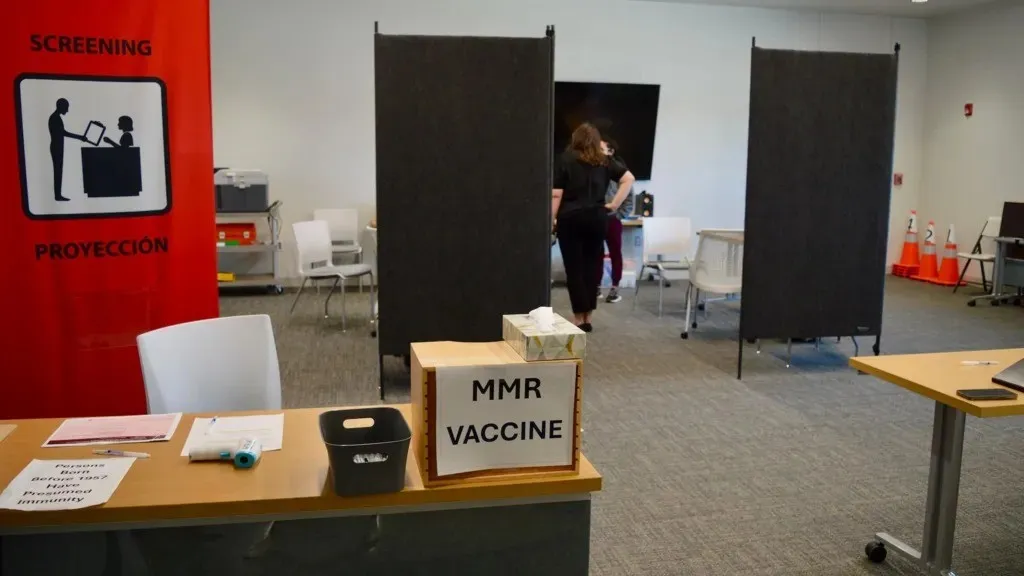
The Mennonite Community’s View on Vaccination
Peter’s family belongs to a small Mennonite community in the area. Mennonites are part of a Christian sect with roots in the Anabaptist movement. The community first migrated to West Texas in the 1970s and has maintained a traditional way of life.
In their belief system, there is no explicit teaching against vaccination, but they tend to avoid many aspects of modern life, including the healthcare system, which encompasses vaccination.
The rise of vaccine conspiracy theories during former President Trump’s administration, particularly with the appointment of Robert F. Kennedy Jr. as a prominent anti-vaccine advocate, has exacerbated the local community’s resistance to vaccines. Many conspiracy theorists claim that vaccines contain “dangerous substances” or are used by pharmaceutical companies to profit or control the population. This has led to increasing vaccine hesitancy in the area.
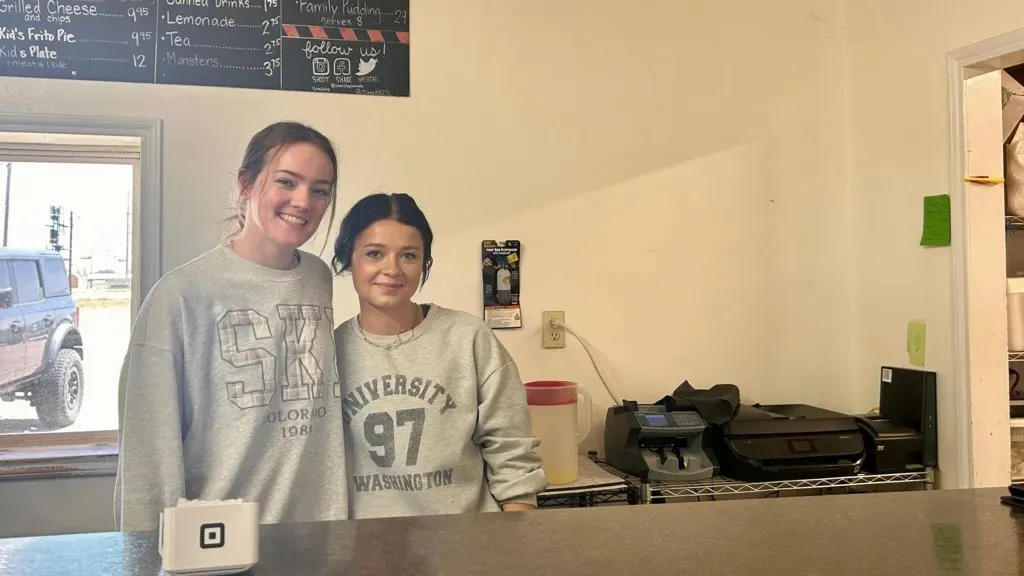
The Vaccine Crisis in Gaines County
Gaines County, which includes Seminole, has the lowest vaccination rates in the United States. Last year, only 82% of kindergarten children in the area received the MMR vaccine, well below the 95% threshold required for herd immunity. Around 13% of children in the area have vaccine exemptions, primarily due to religious beliefs, while the national average is only 3%.
Without herd immunity, there is a risk of outbreaks. Measles spreads through the respiratory system and can cause high fever, runny nose, cough, red eyes, watery eyes, and rashes. While most children recover from measles, it can lead to severe complications like pneumonia, blindness, brain swelling, and even death.
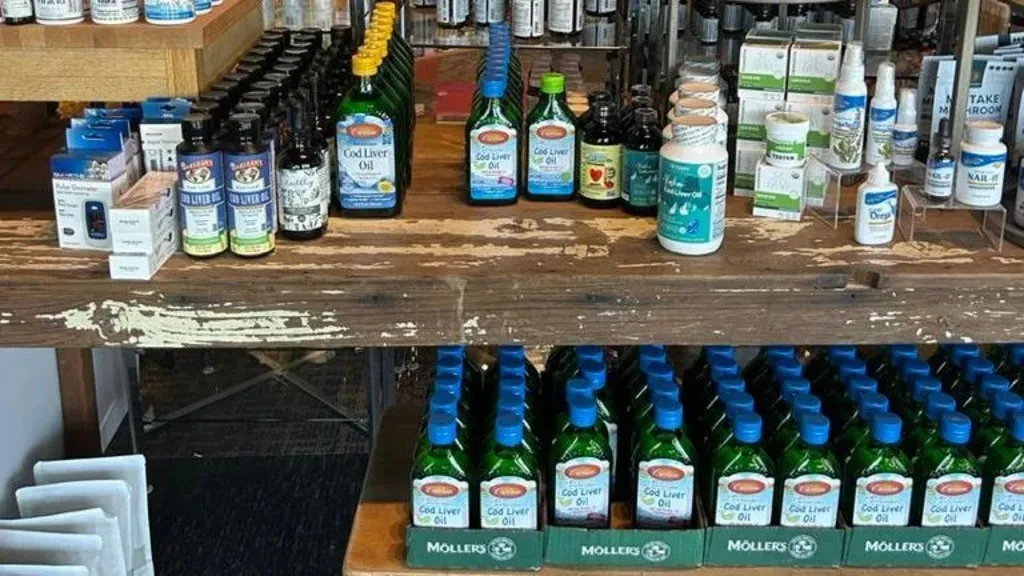
For children under five, measles is particularly dangerous. The U.S. Centers for Disease Control and Prevention (CDC) states that about one in five unvaccinated children infected with measles will be hospitalized. One in a thousand children will develop encephalitis, a brain condition that can cause seizures, deafness, and intellectual disabilities.
While there is no specific treatment for measles, it is preventable. In communities with vaccination rates above 95%, measles is much harder to spread due to herd immunity.
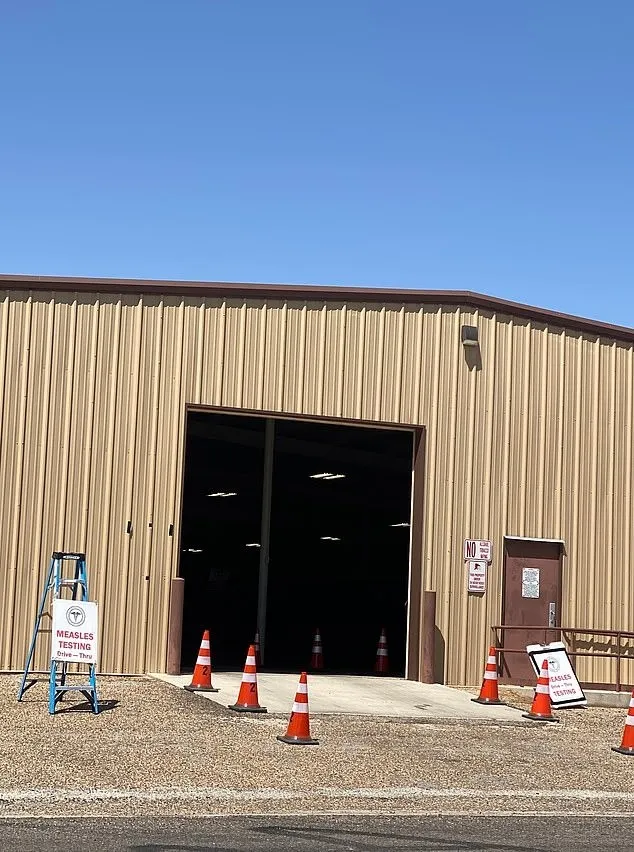
Local Attitudes Towards Vaccination
Despite the rising cases and recent deaths, local residents remain resistant to vaccination. Even when a six-year-old child in the area died from measles, Peter and others still refused to acknowledge the link between the virus and the death.
Peter insists that Daisy’s death was due to medical negligence, not the measles virus. “The MMR vaccine is useless!” he says. “My brother’s family all got infected, and they were much sicker than my unvaccinated kids. It has nothing to do with the vaccine!”
Savannah, an 18-year-old waitress in the town, also didn’t get vaccinated. She said her family had almost never been vaccinated. Recently, several family members contracted measles, with one relative’s fever reaching 104°F, but she still chose not to go to the hospital. She believes that getting measles helps her body build immunity.
A local pharmacy cashier mentioned that since the outbreak, there hasn’t been much of an impact on people’s daily lives. No one has come to get vaccinated.
In response to the outbreak, the local Mennonite-owned health store “Healthy 2 U” continues to sell cod liver oil as a natural remedy to prevent measles. The store manager, Nancy, who has had 10 children and 19 grandchildren, confidently claims, “We recommend it to everyone who’s sick!”
Measles Cases in the U.S. Surge
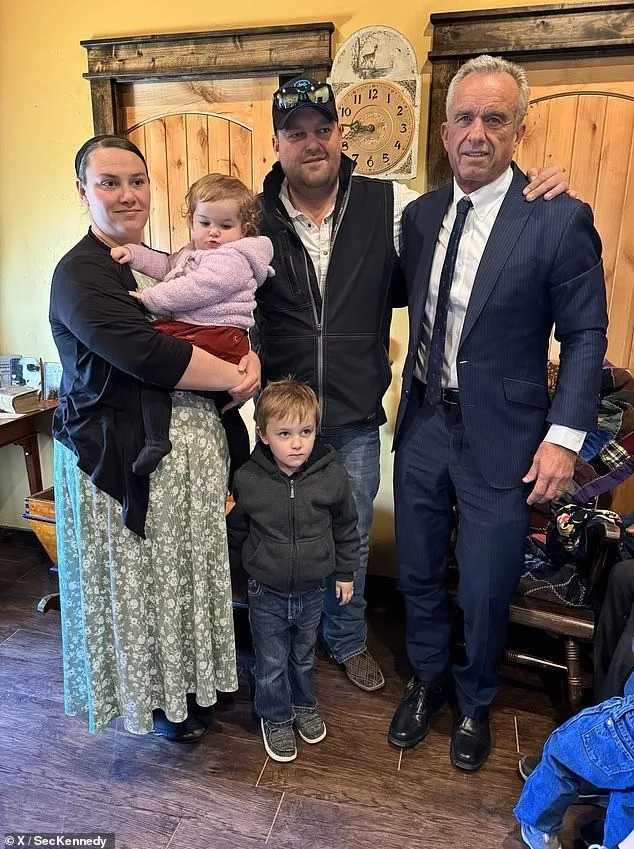
In 2023, the U.S. recorded over 700 cases of measles, with Texas reporting 541 cases. This marks the most severe outbreak since 2019, with the potential for it to become the worst in a century. Other states, including New Mexico, Indiana, Kansas, Ohio, and Oklahoma, have also reported active outbreaks.
Peter’s town has around 7,000 residents, and the local health director has struggled to convince people to get vaccinated. Despite his efforts, residents have been reluctant to listen. They have agreed to blood tests to check for measles antibodies, but many continue to resist vaccination.
The outbreak in Texas is spreading rapidly, and health experts worry that it may continue throughout the year. Many travelers are unaware of which towns are affected, meaning they may unknowingly carry and spread the virus.
The only hope is that the recent measles deaths will prompt people to get vaccinated and help establish herd immunity. However, as of now, Peter continues to demand that media outlets retract their statements about his daughter’s death being caused by measles.
The Long-Term Consequences of Vaccine Hesitancy
Health experts fear that the virus will continue to spread in communities that refuse to get vaccinated. “This is just the beginning,” one expert said. “The virus will keep spreading until people develop natural immunity, but in the meantime, it will continue to affect our communities.”
Unfortunately, those who have suffered from these preventable deaths will have to mourn their loved ones in silence.






